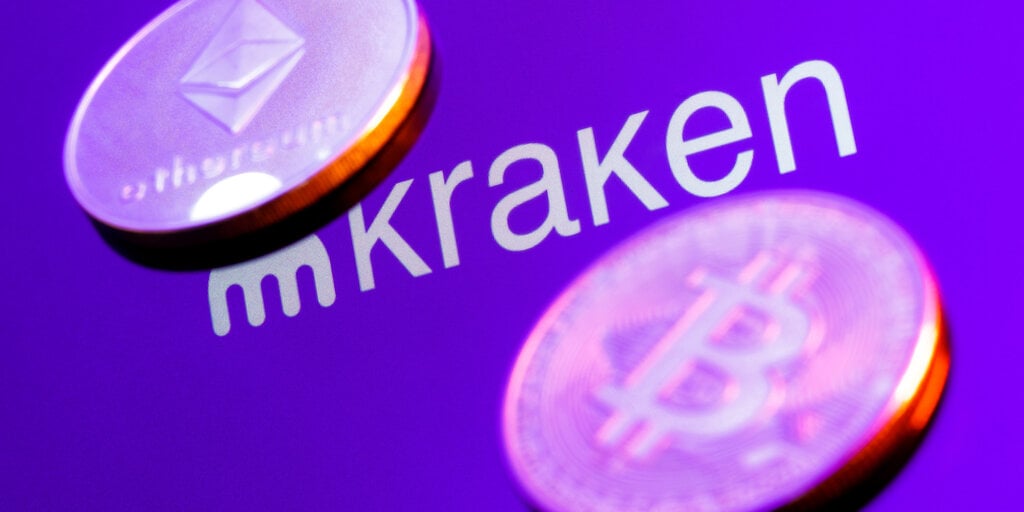Privacy coin Monero is falling, dropping nearly 7% over the last 24 hours after Kraken announced its delisting in Europe.
Kraken—one of the world’s oldest crypto exchanges—informed users that it will delist Monero for clients in the European Economic Area (EEA) due to regulatory changes.
Trading and deposits of all Monero markets will halt on Oct. 31 for EEA clients, and any open orders will be automatically closed. The deadline for withdrawing Monero is Dec. 31, and the remaining balances after this date will be converted to Bitcoin (BTC) at the market rate.
Kraken explained that the exchange “concluded we have no choice but to delist Monero (XMR) in the European Economic Area (EEA) due to regulatory changes.” The announcement adds: “We did not take this decision lightly.”

The development follows Binance’s February announcement that it would delist Monero (XMR) and its finalization later that month. The announcements follow mounting pressure on privacy-focused cryptocurrency solutions. In fact, reports that privacy coins such as Monero, Zcash (ZEC) or Horizen (ZEN) were at risk of delisting were already circulating in early January.
Another case that has attracted the attention—and ire—of privacy activists are the legal repercussions faced by the developers behind decentralized cryptocurrency mixer Tornado Cash. Mixers differ from privacy coins since they anonymize assets with public transactions such as Bitcoin. Privacy coins like Monero instead ensure no third party can check the details of any transaction in the first place—eliminating the need for mixers in the first place.
Still, trustless decentralized mixers and privacy coins have in common that they are permissionless systems outside the control of their creators that prevent oversight from anyone—including governments. Despite this lack of control, Tornado Cash developer Alexey Pertsev has been found guilty of money laundering by a Dutch court and given a five-year and four months-long prison sentence.
Authorities find it concerning that the developers have programmed and deployed a smart contract-based privacy solution on the Ethereum (ETH) blockchain over which they have no control. In fact, despite the U.S. Office of Foreign Assets Control sanctioning Tornado Cash in 2022, it still operates and received more than $1.9 billion in the first six months of 2024.
Many view the ongoing lawsuit as a legal precedent for prosecuting developers of privacy software for criminal abuse that they could not have prevented without compromising the system’s security and privacy features. Something that could have far-reaching consequences beyond the crypto industry.
Edited by Stacy Elliott.

